What makes an effective teacher in the 21st century?
As a school leader or founder, I am sure you have pondered the answer to, “What makes an effective teacher?” Knowing the answer could mean the success or failure of your school.
In this blog, not only will we list the qualities that make teachers effective, but we will also illustrate how these teachers are the key to the success of your school.
Ever experienced a teacher whose influence was indelible and far-reaching?
What about a teacher who taught more than just the material for tests but rather imparted knowledge that would last a lifetime?
Did you ever experience the blessing of a teacher whose lessons went beyond textbooks and exams?
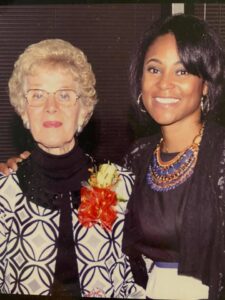
I was blessed to have experienced this type of teacher in my formal years as a young student. Mrs. Jacquline Bly embodied so many of the qualities we will discuss later.
She helped me not only become the person I am today but also shaped the teacher I ultimately became. Mrs. Bly impacted my life as a student and my impact as a microschool teacher.
She is what makes an effective teacher—she inspires! If you want your public, private, or micro-school to be successful, you need effective teachers.
What I love most about what I am going to share with you is that what makes an effective teacher is the same no matter the educational setting.
Whether you are in a public school, a private school, a learning center, a homeschool co-op, or a microschool, your staff’s effectiveness will determine the success of your program and your student’s success.
Not to toot my own horn, but I think that I am an effective teacher.
However, if I am honest, I’ve been able to embody the characteristics of an effective teacher more in my microschool setting than I ever did as a public school teacher.
Why, you may ask?
Microschools are flexible and less “unnecessarily” regulated. In these environments, teachers are free to be the creative, innovative learning guides that many of us really are.
We are able to put 100% of our focus on teaching and less on paperwork, teaching to standards, or pointless data collection (not all data collection is pointless).
Can I share a secret that many may disagree with? An effective teacher is more than one who has mastered the subject matter.
It’s my opinion that caring and creativity rank just as highly when we talk about what makes for great teachers, among other qualities, which we will discuss in this article.
Table Of Contents:
- Qualities of an Effective Teacher
- Importance of Effective Teaching
- The Power of Creativity in Teaching
- Continuous Growth Mindset on Learning Outcomes
- Creating a Positive Learning Environment
- Effective Instructional Practices
- Emphasizing Expertise in Subject Matter
- Building Relationships and Collaboration
- Conclusion
Qualities of an Effective Teacher
An ineffective teacher can not only hurt your microschool program but he or she can also hurt the growth of your students. To ensure you have a list of qualities of an effective teacher, I’ve listed many of the ones I value and look for in a teacher for Triumph below.
- Adaptability
- Strong Communication
- Passion for Teaching
- Expertise in Subject
- Relationship Builder
- Creativity
- Patience and Empathy
- Problem-Solving Skills
- Organizational Skills
- Mentoring and Support
- Openness to Feedback
- Cultural Competency
- Commitment to Lifelong Learning
- Team Player
The Importance of Effective Teaching
Effective teaching plays a crucial role in student achievement and the success of your microschool.
Good teachers, or those who employ effective teaching strategies, are the most important factor contributing to student success.
So what makes a teacher effective and how does it look?
Being passionate about teaching can spark students’ interest and engagement.
An adaptable teacher knows that learning styles vary among students. They adjust their methods accordingly. Strong communication skills ensure concepts are clearly explained.
Teachers who keep students engaged are adaptable in their teaching methods.
They have the ability to break things down in a clear, uncomplicated way.
This is especially important in microschool settings because teachers are free to be creative and do what is best for students.
Remember, many microschools are modern one-room schoolhouses. Often, there will be mixed-age groups.
You may have gifted students, students with learning disabilities, and everything in between.
It is these qualities that help teachers in microschools successfully deliver individualized instruction with a mastery approach.
Although expertise in their subject matter allows an educator to provide in-depth knowledge, a good teacher also builds relationships with her learners.
She also knows that her level of knowledge is no substitute for relationship building.
Because of the size of microschools and the freedom teachers have in these small school settings, teachers are able to really focus on the individual child and build strong relationships.
Understanding and building relationships with students on an individual level enhances their educational experience.
It’s the latter that has impacted my students more in our microschool setting.
My ability and desire to get to know my students at the heart of who they are have helped my students along their educational journey more than my expert subject matter.
Please don’t get me wrong; you have to know or be willing to learn the subject matter; however, this isn’t a substitute for getting to know and learning your student.
One student comes to mind now. She had literally convinced herself that she couldn’t learn.
At 13 years old, her school anxiety was so bad that she would throw full-blown tantrums. She would fall to the floor in tears when she was asked to do work that she thought she couldn’t do.
It took me months to understand her enough to get to the root of those tantrums.
In the end, she had a fixed mindset and the more she did poorly on her work, the more it confirmed that she couldn’t learn and the less she attempted to.
It took a lot! Teaching about a growth mindset, making it okay to experience failure and no longer grading or using “X” on her paper were key to helping her to at least try.
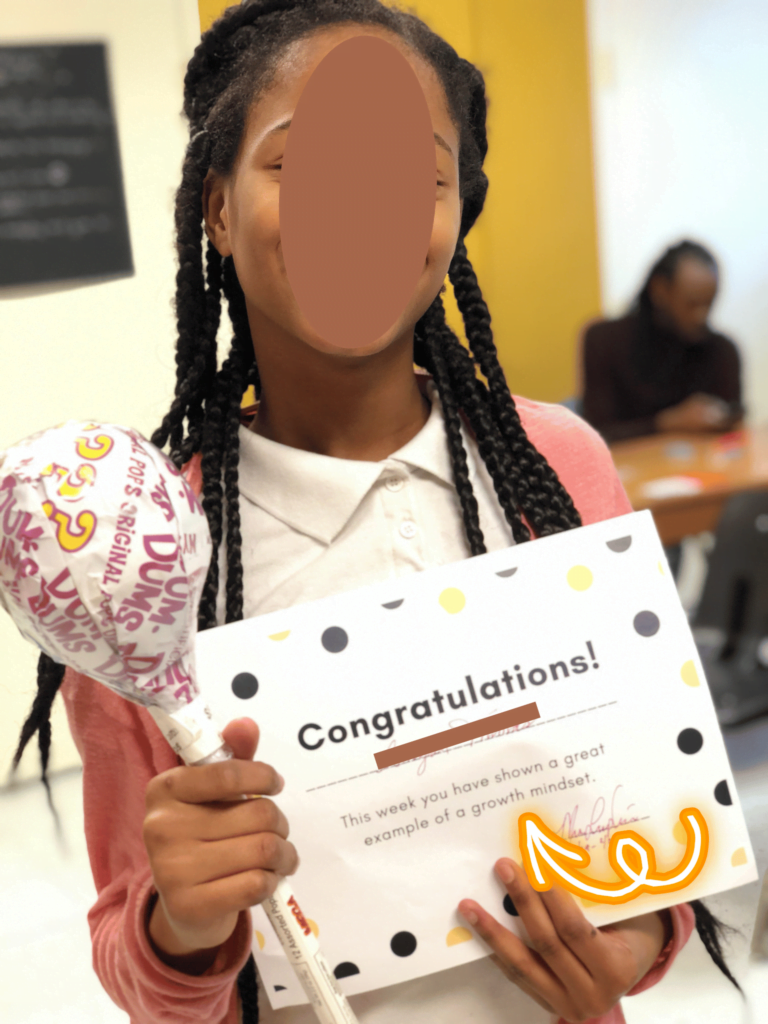
I earned her trust. Relationship! She believed more in me than she believed in herself and that is what made her attempt to try. She slowly learned to trust herself and tried for herself.
Being an expert in the subject matter played a small part in what I helped that student accomplish.
However, what played a bigger role was a caring teacher who found creative ways to help this student gain skills beyond traditional teaching.
Displaying patience, empathy, and a willingness to do things differently is what this student needed, in addition to a safe place to learn and fail.
Mix in a little creativity to bring lessons alive, making the class more engaging and I had a recipe for student success with this young lady.
I never want to minimize expertise in the subject matter. However, teaching is more than passing on facts.
This is also why I tell every microschool leader that hiring a certified teacher shouldn’t be a prerequisite for working within their microschool.
Subject matter can be learned across all grade levels, especially with a teacher who believes in being a lifelong learner.
However, effective teachers also embody cultural competency. They respect diversity and create inclusivity within the classroom.
So many things play into teacher effectiveness. We can’t leave out the fact that organizational skills play a significant role, as do being open to feedback and being a team player.
Ultimately, love covers much, and if teachers love teaching, they will be what they need to be for their students. This is why I don’t hire teachers based on their expertise in subject matter alone.
The Power of Creativity in Teaching
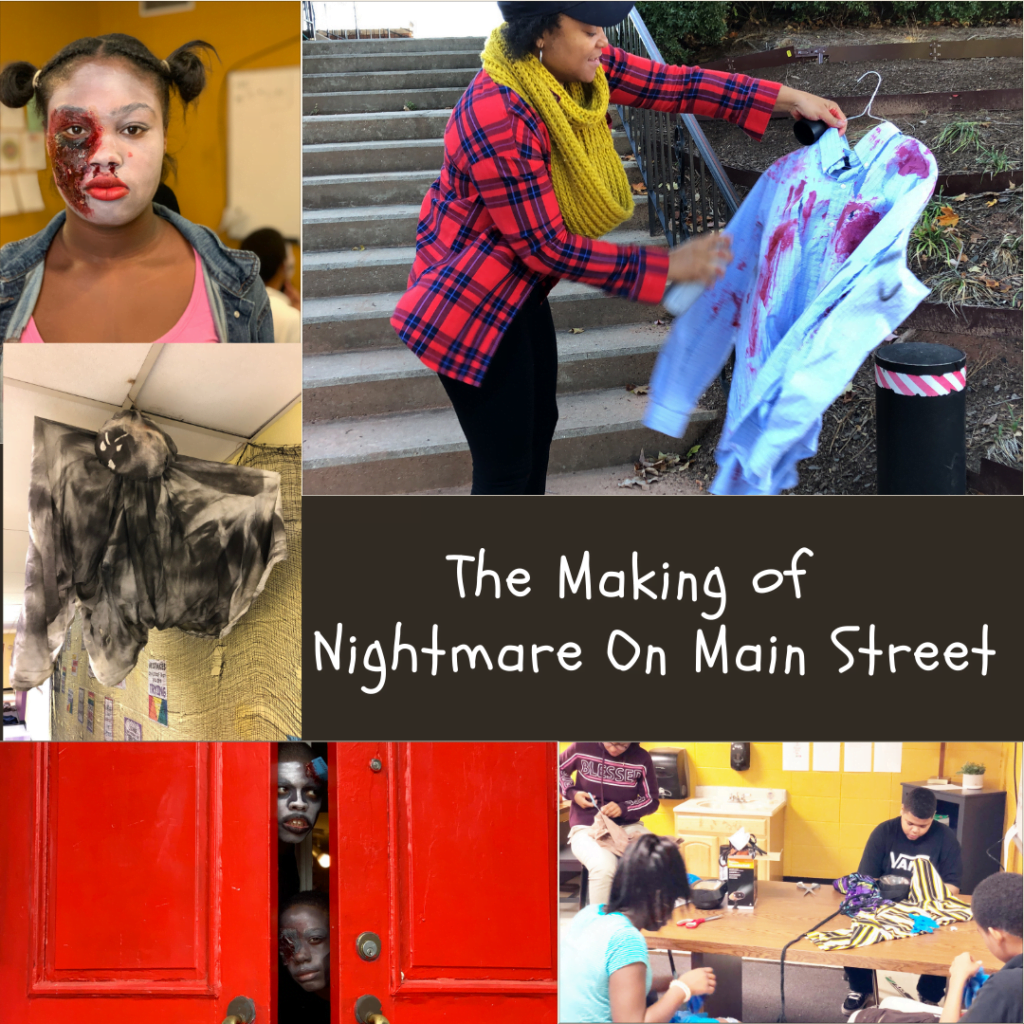
Creative teachers are for sure, all the rage. They turn boring, school-like microschools into innovative learning institutions that students love coming to.
They often don’t even realize how much they are learning.
One can’t be an effective teacher without also being creative.
Teachers who employ creative teaching methods, project-based learning, and real-world experiences make lessons engaging and meaningful. Students enjoy school.
At Triumph, we do so many creative things. Many of those creative activities were the handy work of a non-certificate teacher. She didn’t go to school to be a teacher, either.
One of my favorites was the making of Nightmare on Main Street. This was a month-long project.
It served so many purposes, including a fundraiser. Our students were all in the entire month. They were exposed to so much real-world, hands-on learning.
If you are interested in learning more, watch the video below.
Continuous Growth and Learning as an Educator
Lifelong learning is a key ingredient in the recipe for teaching effectiveness.
The field of education changes all the time. Educational leaders are always coming up with new learning theories, instructional techniques, and digital tools that are continually emerging.
Effective microschool teachers are committed to their own professional growth and development. They actively seek opportunities to improve their skills.
To stay on top of these developments and remain effective teachers, educators need to commit to professional development. This not only enhances their content knowledge but also equips them with innovative teaching strategies.
The Impact of a Growth Mindset on Learning Outcomes
A growth mindset plays a pivotal role in student learning. Recall the story I told at the beginning about my student, who had a fixed mindset. However, research shows that it has just as big of an impact on teachers.
Teachers who view intelligence and skills as malleable are more likely to embrace lifelong learning themselves.
This attitude can positively impact students’ own mindsets about their capabilities.
Edutopia did a study that showed classrooms led by teachers with growth mindsets had higher student engagement. Their test scores were better and they had better overall student achievement than those led by teachers with a fixed mindset.
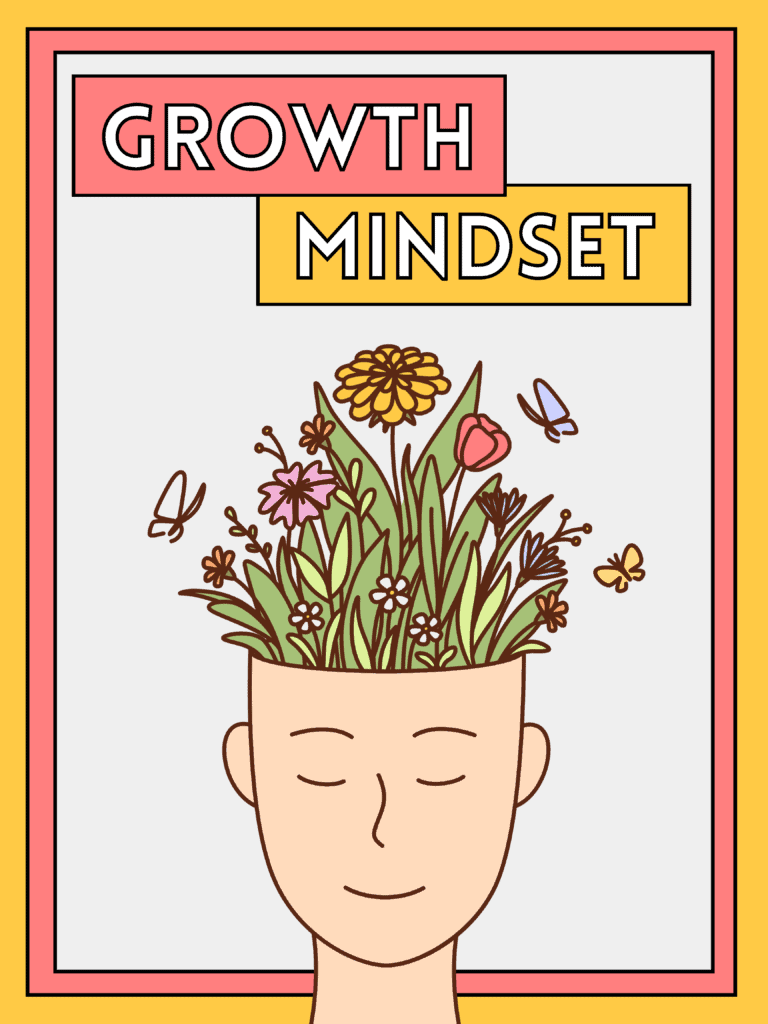
- Lifelong learners: As lifelong learners themselves, they encourage this same love for continuous improvement in their students, fostering resilience even when faced with challenges or setbacks in understanding complex subject matter.
- Growth-oriented: They see potential rather than limitations, enabling them to guide every learner toward success no matter where they start from.
- Innovative practitioners: Lifelong learners never stop discovering better ways of delivering lessons, whether it’s through incorporating tech-savvy educational platforms or implementing cutting-edge pedagogical approaches like project-based learning.
Cultivating such an environment fosters critical thinking abilities among pupils while nurturing emotional intelligence—all vital skills for the 21st century.
Creating a Positive Learning Environment
A key part of an effective teacher’s role is to create a positive learning environment. In these types of learning environments, students feel safe, secure, and ready to learn.
It’s been proven that teachers who spend time creating positive learning environments can make a positive impact on students. Classroom management plays a big role here as well.
It’s easier for a teacher to create positive learning environments in microschool settings than in public and even traditional private schools. Microschool teachers simply have more control and freedom to innovate without getting permission.
The Role of Problem-Solving in the Classroom
But how do you build such an environment? Promoting problem-solving skills among your students is one way.
When students are inspired to contemplate deeply and take on issues directly, they become more involved with their schooling.
This not only challenges them but also boosts their confidence as they overcome hurdles on their own or as part of team efforts. In addition, these skills come in handy outside of school too.
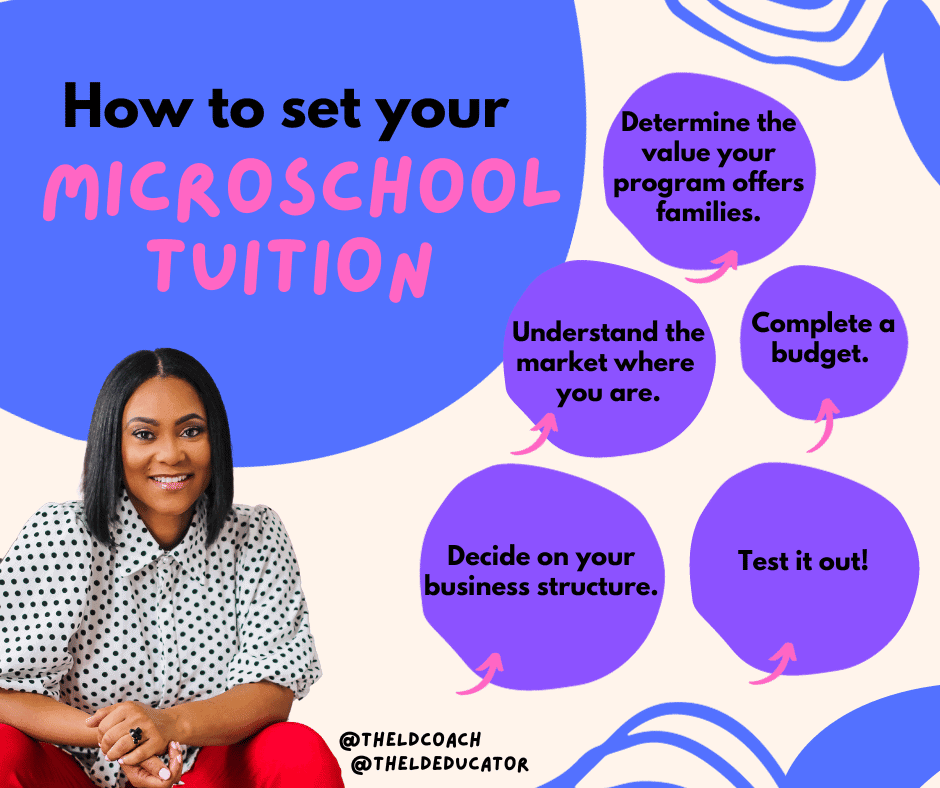
Involving your learners in decision-making processes can give them ownership over their learning experience and foster a sense of community within the classroom—essential elements for making them feel at ease and willing to participate actively.
Effective Instructional Practices
Instructing isn’t just about transferring knowledge. It necessitates constructing and executing well-conceived lesson plans to make the most of class time, enabling students to gain more from each session.
Teachers can use instructional time effectively, ensuring students learn more during each class period.
The key to effective teaching is the understanding that every student learns differently.
Understanding this helps us remember to include time for different learning styles in our lessons, accommodating visual learners, auditory learners, and kinesthetic learners alike.
Incorporating Prior Experiences into Teaching
One powerful way to make subjects resonate with students is by integrating their prior experiences into teaching.
Connecting new information to what students already know or have experienced helps them build connections faster and understand better.
This strategy not only aids comprehension but also fosters a love for learning. Students see the relevance of schoolwork in their lives outside the classroom.
American Economics Association suggests improvements in teacher quality can significantly impact students’ future success. I
In addition to incorporating real-world experiences into the curriculum, this can be one such improvement.
This is another hallmark of microschools. Microschool leaders tend to use the community as an extension of their classroom. Many value real-world experience over simple textbook learning.
Beyond lesson planning and integration of experiences, managing classroom dynamics effectively plays an equally crucial role. No single method is adequate for every group of students since each has its own strengths and difficulties.
Emphasizing Expertise in Subject Matter
I think I’ve made clear my thoughts about a teacher’s expertise in the subject matter. I would like to reiterate that having subject knowledge is important.
However, I would never hire an “expert subject matter” teacher without having the majority of the character traits listed above.
Really, “expert” is relative. I wouldn’t consider myself content-heavy. My degree is special education—a darn good one at that. But my knowledge base is more general across all content.
I don’t have a specific focus.
Like many microschools my focus is on elementary and middle schools. My microschool, Triumph, further focuses on students who need strong functional skills at the high school level.
Teachers may need a deep understanding of the subject matter they teach. But do they really need to be experts in biology to teach elementary and middle school students?
In fact, with a deep understanding of the subject matter and a willingness to stay updated with best practices, a teacher can learn as they grow.
Building Relationships and Collaboration
Building strong relationships with students and their families is a cornerstone of microschool education.
This is where microschools have an upper hand over more traditional school settings. Because of its smallness, relationship-building in microschools is easier. Students are truly seen.
As an effective teacher, fostering strong relationships with students is paramount.
Creating a positive atmosphere in the classroom and improving students’ educational results can be accomplished by forming strong bonds.
Being seen as a team player can do wonders for the dynamics of your class, too. Students feel comfortable asking questions or seeking help when they see their teacher as approachable and supportive.
Conclusion of What Makes An Effective Teacher
So, we’ve explored effective teaching. We’ve delved into how high expectations and passion for the subject matter play a pivotal role in what makes an effective teacher.
We’ve seen that creativity is not just an add-on but a powerful tool to make lessons come alive. Lifelong learning? It’s more than just a buzzword; it’s vital for staying updated with evolving teaching practices.
A positive classroom environment goes beyond decor; it’s about making students feel safe to learn and grow. Incorporating their prior experiences into teaching helps them relate better, because learning is personal too!
Inclusivity isn’t optional; it’s essential! Cultural competency and openness to feedback pave the way for growth in this career field.
With all these insights at your fingertips, you’re well on your way to understanding what truly defines effectiveness in education, particularly in microschools.
Amazing. Thanks for sharing.